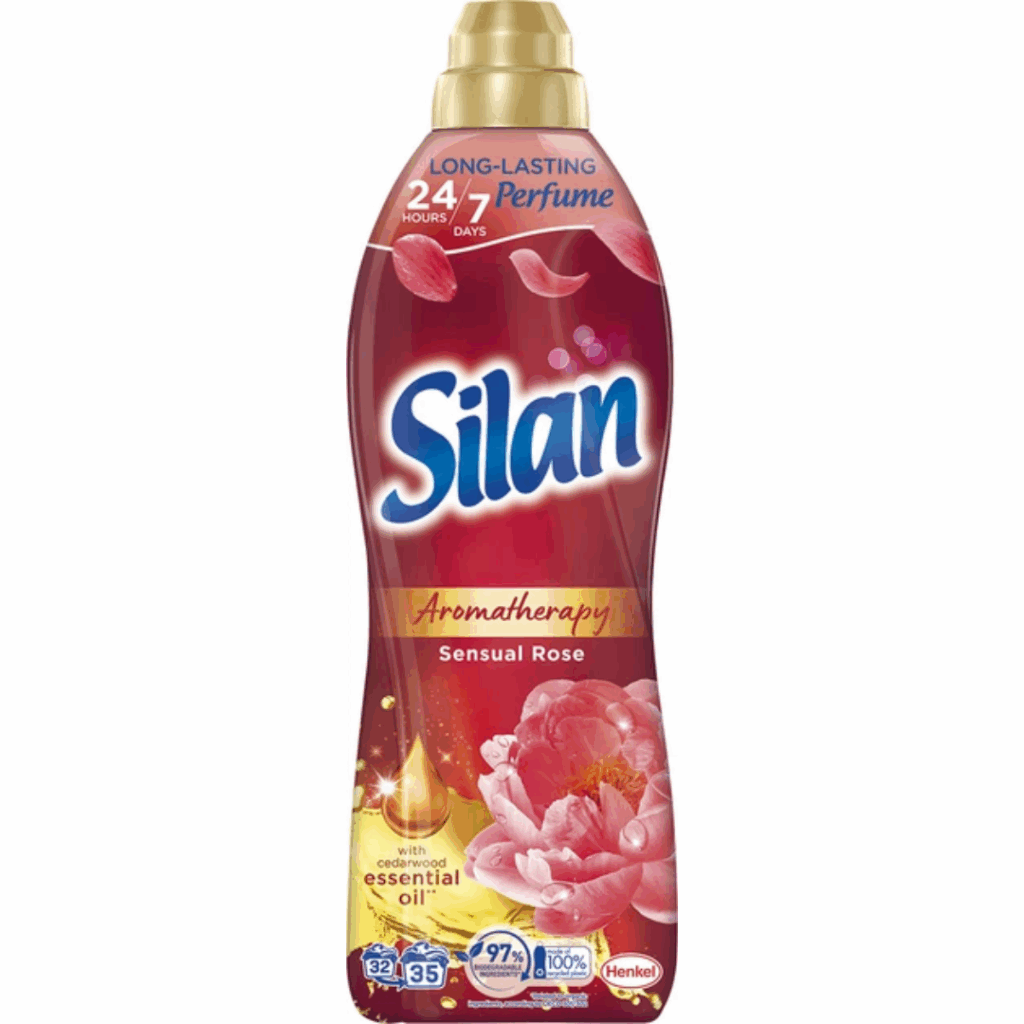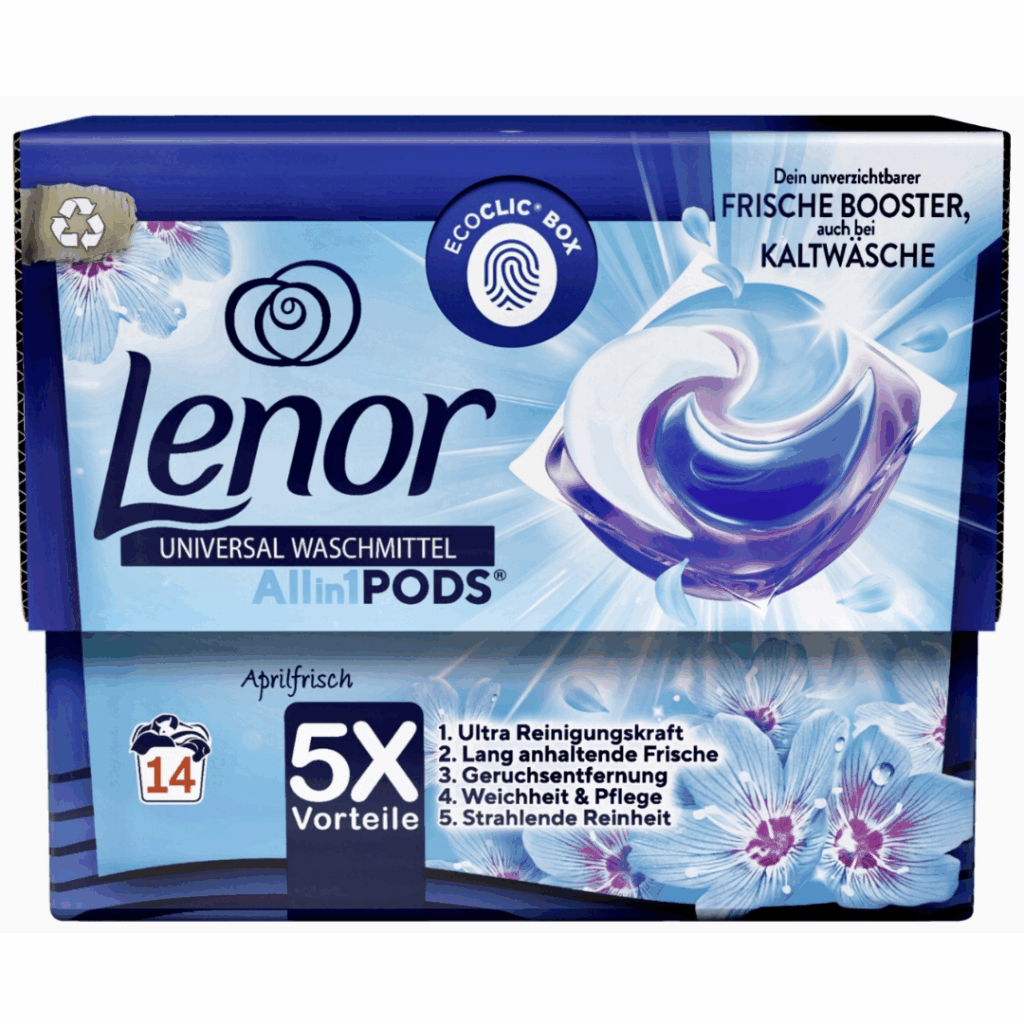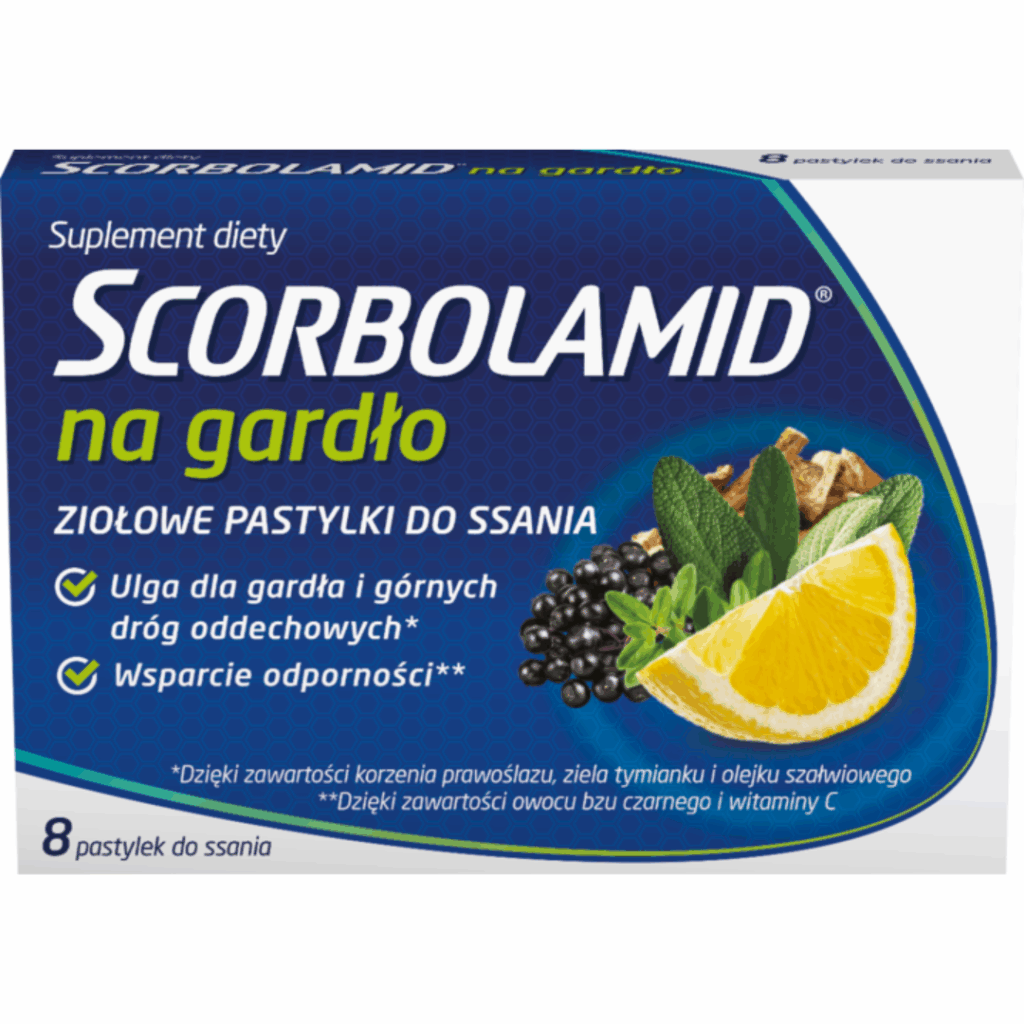Fitolizyna 100g
Fitolizyna is a traditional plant medicine used as a diuretic and anti-inflammatory agent in cases of urinary tract infections and inflammation, as well as in kidney stones and urolithiasis.
In its composition, the paste contains an extract composed of couch grass rhizomes, onion husks, birch leaves, fenugreek seeds, parsley root, goldenrod herb, horsetail herb, lovage root and knotweed herb. Fitolizyna paste is taken orally 3-4 times a day, previously dissolving a teaspoon of the paste in half a glass of warm boiled water.
Symptoms
This traditional herbal medicinal product is typically used:
- in infections and inflammations of the urinary tract,
- in urolithiasis (in small deposits, so-called kidney sand),
- prophylactically in kidney stones.
A traditional herbal medicinal product for use in specific indications, resulting solely from its long-term use.
Active substances: Agropyri rhizoma, Alium Cepa sqama, Betulae folium, Foenugraeci semen, Levistici radix, Petroselini radix, Polygoni avicularis herba, Solidaginis virgaureae herba
Composition
The active substance of the drug is a complex extract (1:1.3-1.6) of: couch grass rhizomes (Agropyri rhizomate) 12.5 parts, onion husks (Allii cepae squama) 5.0 parts, birch leaves (Betulae folio) 10.0 parts, fenugreek seed (Foenugraeci semine) 15.0 parts, parsley root (Petroselini radice) 17.5 parts, goldenrod herb (Solidaginis herba) 5.0 parts, horsetail herb (Equiseti herba) 10, 0 parts, lovage root (Levistici radix) 10.0 parts and knotweed herb (Polygoni avicularis herba) 15.0 parts
Extractant: ethanol 45% (V/V)
How to use and dose Fitolizyna
Oral use.
Adults: dissolve 1 teaspoon (about 5 g) of the paste in ½ cup of warm boiled water, drink 3-4 times a day.
It is not recommended to use for more than 2-4 weeks without consulting a doctor.
Use of the drug in children and adolescents
Use in children and adolescents under 18 years of age is not recommended.
When not to use Fitolizyna
- if you are allergic to the active substance or to plants of the Asteraceae family (Asteraceae formerly Compositae), Umbelliferae (Apiaceae formerly Umbelliferae), anethole or birch pollen allergens or any of the other ingredients of this medicine;
- in cases where fluid reduction is recommended (e.g. severe heart or kidney disease).
Notes for use
Phytolysin contains ethanol, ethyl parahydroxybenzoate (E214) and wheat starch. The drug contains 4% (V/V) ethanol, i.e. up to 200 mg of ethanol in a single dose, which is equivalent to 5 ml of beer, 2 ml of wine per dose.
Harmful for people with alcoholism. To be taken into account in pregnant or breast-feeding women, children and high-risk groups such as patients with liver disease or epilepsy.
The medicine contains ethyl parahydroxybenzoate (E214) which may cause allergic reactions (possibly delayed).
The drug contains wheat starch. The drug is suitable for people with celiac disease (celiac disease). Patients with wheat allergy (other than celiac disease) should not use the medicine.
Contents
The immediate packaging is an aluminum tube containing 100g of oral paste. The outer packaging is a cardboard box. A patient information leaflet is provided with the medicine.
Storage method
15°C-25°C
Manufacturer
POLPHARMA
Warnings
If symptoms worsen or persist, or are accompanied by fever, pain and difficulty urinating, or blood in the urine, contact your doctor immediately.
Do not use for edema caused by heart or kidney failure.
It is recommended to drink plenty of fluids while using the drug.
When using the drug, you should not neglect doctor’s visits.
Usage during pregnancy
Due to the lack of data, use in pregnant and lactating women is not recommended.
Interactions with other drugs
So far, no effects on other drugs have been reported. Due to the diuretic effect, a faster elimination of other drugs taken concomitantly should be taken into account.
The drug may:
- increase the effect of oral anticoagulants (including non-steroidal anti-inflammatory drugs), hypoglycaemic drugs, lithium salts, monoamine oxidase inhibitors,
- prolong the action of pentobarbital, aminopyrine and paracetamol,
- inhibit the absorption of β-carotene, α-tocopherol, cholesterol and drugs in the small intestine.
Side Effects
Like all medicines, this medicine can cause side effects, although not everybody gets them.
The following side effects may occur:
not known (frequency cannot be estimated from the available data):
- allergic reactions (itching, rash, hives, allergic rhinitis);
- dizziness;
- nausea, vomiting, diarrhea, flatulence;
- hypersensitivity to UV rays.




